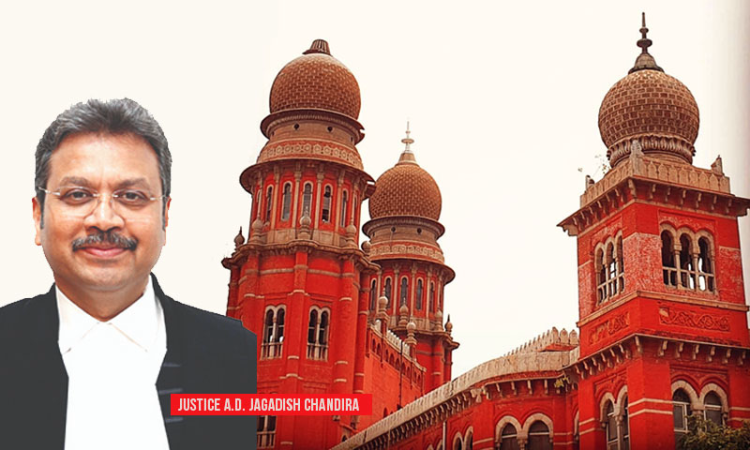The Madras High Court recently dismissed a criminal petition filed challenging the action taken by Police Authorities against the owners and manager of Willow & Spa and charging them under Sections 3(2)(a), 4(1), and 5(1)(a) of Immoral Traffic (Prevention) Act, 1956. The bench of Justice AD Jagadish Chandira observed that the petition did not have any merits as the petitioners...

